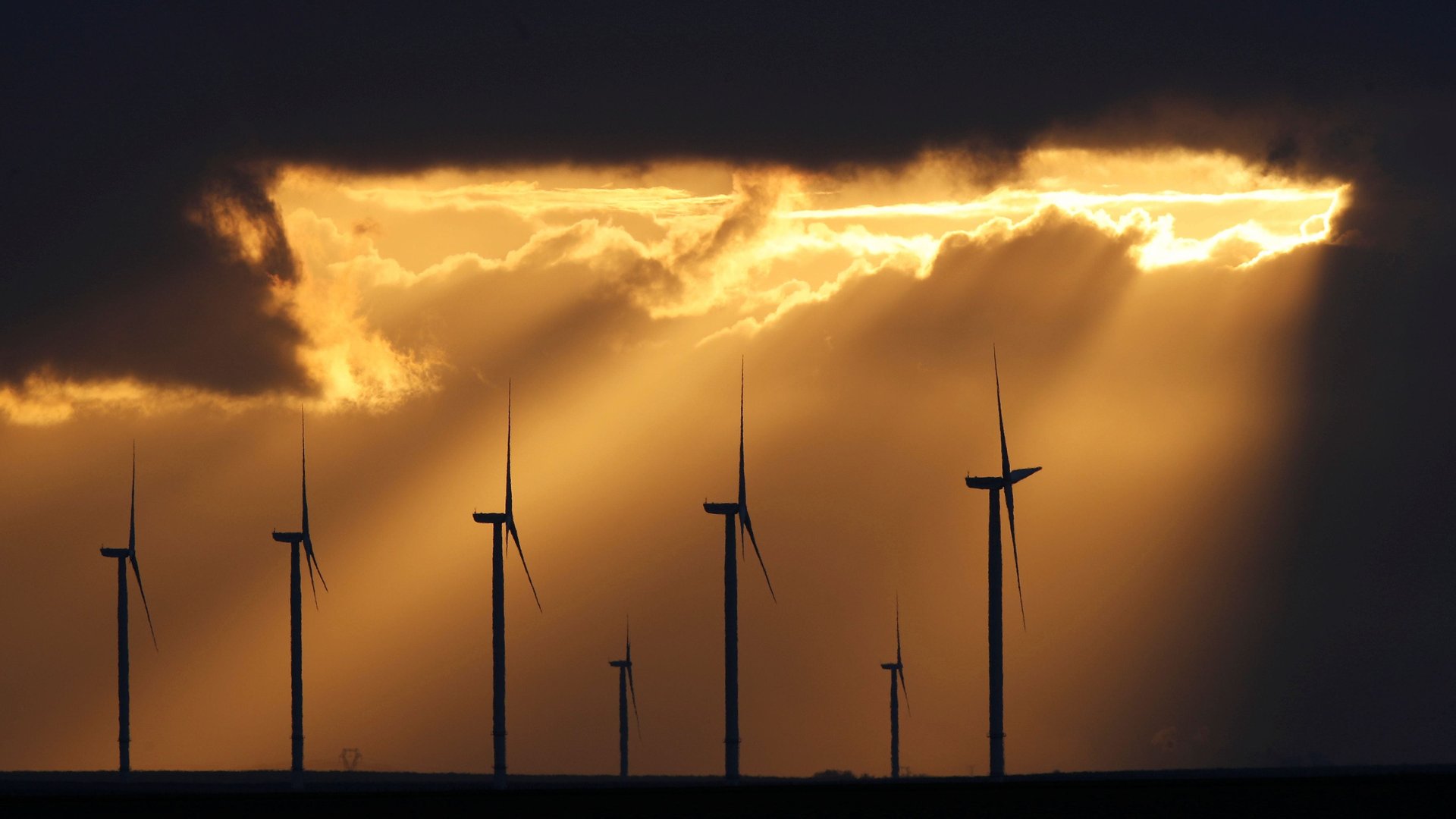Portugal generated enough renewable energy to power the whole country in March
Portugal’s renewable electricity production exceeded monthly consumption for what is likely the first time, in March, according to the nation’s transmission system operator, REN.The average renewable generation for the month exceeded 103% of consumption, beating out the last record (99.2%), set in 2014.


Portugal’s renewable electricity production exceeded monthly consumption for what is likely the first time, in March, according to the nation’s transmission system operator, REN.The average renewable generation for the month exceeded 103% of consumption, beating out the last record (99.2%), set in 2014.
It almost certainly won’t be the last time. The country is predicting that renewables will satisfy its mainland electricity needs by 2040, ultimately eliminating the electricity sector’s greenhouse gas emissions. Although most of last month’s electricity came from water and wind (link in Portuguese), the country relied on some fossil fuel and imported electricity. Water- and wind-generated power can be rather unpredictable, so even as total renewable generation exceeded Portugal’s electricity consumption for the month (as well as some exports), Portugal needed those sources to even out supply.
An international debate is gathering steam about whether 100% renewable energy is possible (or even advisable). Portugal’s feat, the result of decades of investment in low-carbon technology, shows it is possible, but plenty of caveats remain. The grid only ran on 100% renewables for relatively short periods: two 70 hour spans (Portugal managed a four-day streak in 2016). But imports and conventional generation from natural gas were still needed to balance the grid because solar and wind can vary significantly. The proposition that a full year’s worth of peaks and valleys can be managed with renewables alone has yet to be tested. During the same period last year, renewables supplied only 6% of Portugal’s electricity (thanks in part to a drought that reduced its hydro capacity).
But a 100% goal is not fantasy, especially in Europe. Germany has committed to an electricity supply that is at least 80% renewable, possibly as high as 100%, by mid-century. Denmark already produces around 100% of its own needs at times from renewable sources, as does Norway and Iceland, thanks to hydropower and geothermal heat. Sweden’s new Climate Act commits the country to reaching net-zero greenhouse gas emissions by 2045. But they still have a long way to go.